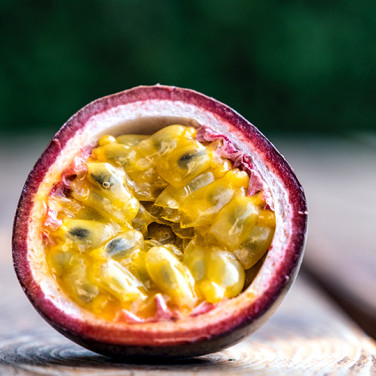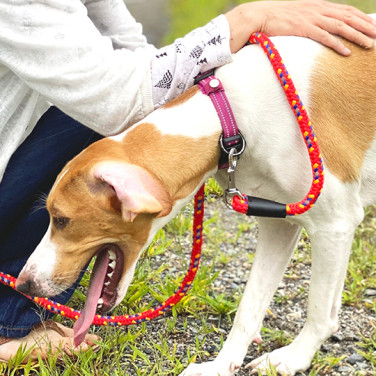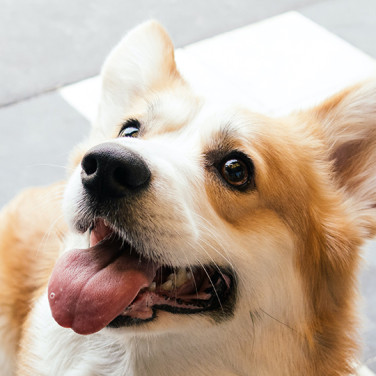SYMPTOMS
Orange Stools in Dogs - What Does it Mean? Should I Be Worried?
페이지 정보
본문
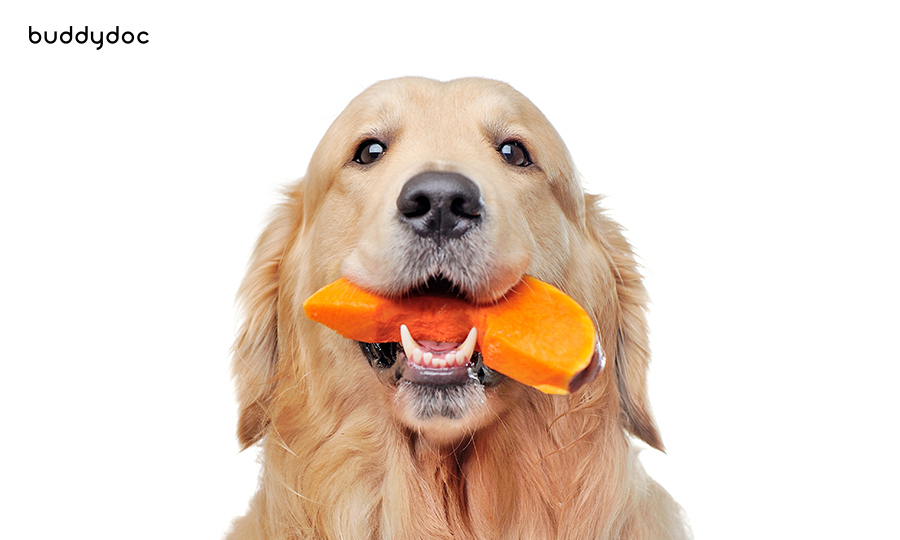
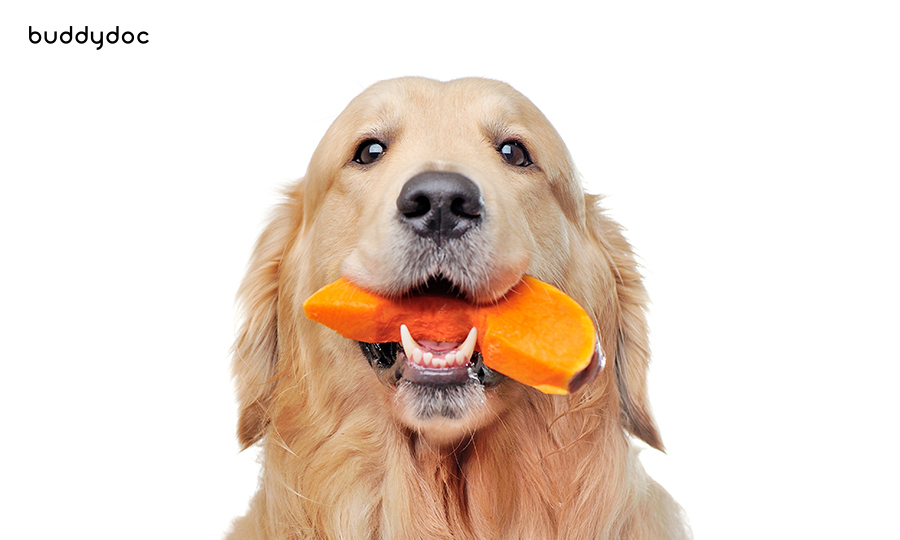
What is orange stool in dogs?
Discoloration in a dog’s stool can occur for various reasons, but one of the more notable changes in color is orange stool. A dog producing orange stool can result from factors like consuming vegetables rich in carotenoids, such as carrots and sweet potatoes, or ingesting foods containing orange pigments. Internally, digestive or hepatobiliary disorders can also contribute to this specific change in stool color. To assess the overall health status, it is crucial to not only observe the color of the stool but also examine its consistency and take note of any accompanying digestive symptoms, such as vomiting and diarrhea.
Causes of orange stool in dogs
Orange-colored stools can have many causes, some of the more common causes include:
-
Food or ingested substances
Eating vegetables and fruits rich in carotenoids, such as carrots, pumpkins, sweet potatoes, and oranges, or ingesting foreign substances like ballpoint pen ink and candles containing orange pigment, may cause the color of your dog’s stool to appear orange.
When dealing with digestive problems, veterinarians often recommend feeding chicken, rice, and sweet potatoes, which can lead to concentrated bile secretion and result in orange-colored feces. However, in this situation, the presence of orange stool is considered normal, and the color will return to normal once the digestive issues are resolved.
-
A food allergy or food intolerance
Food allergies, chemicals in food, and preservatives can cause inflammation in the digestive system, which may lead to the occurrence of orange stools. This condition can be triggered by consuming sweets, dairy products, wheat, beans, and other similar items. Furthermore, apart from digestive symptoms, individuals may also experience mouth scabbing and excessive drooling.
-
Inflammatory bowel disease (IBD)
Chronic inflammation of the intestines can lead to the occurrence of orange stools, which are often accompanied by a foul odor resembling that of rotten eggs. This condition may manifest alongside various symptoms, including loss of appetite, abdominal pain, lethargy, diarrhea, vomiting, and abdominal distension. Although the exact cause of inflammatory bowel disease (IBD) remains unknown, factors such as bacterial and viral infections, sudden dietary changes, food allergies, and autoimmune abnormalities are recognized as potential influences.
-
Gallbladder obstruction
The gallbladder, an organ responsible for storing bile, can experience blockage or cholestasis, a condition that hinders the flow of bile from the liver to the gallbladder or from the gallbladder to the small intestine. This blockage in the bile ducts can be attributed to various factors such as pancreatitis, gallstones, liver, small intestine, pancreatic tumors, or even trauma. Additionally, jaundice may manifest alongside other digestive symptoms.
-
Liver disease
The liver is the organ responsible for bile production, and it can be affected by various factors leading to liver disease. These factors include exposure to toxins, liver tumors, trauma, infections, cysts, as well as hormonal disorders, including diabetes. In addition to digestive symptoms, liver disease may present with other symptoms such as lethargy, polydipsia, polyuria, jaundice, and ascites.
-
Pancreatitis
Pancreatitis, a condition where the pancreas experiences inflammation, leads to the leakage of digestive enzymes from the pancreas, resulting in dark orange-colored stool. This symptom is often accompanied by additional manifestations such as loss of appetite, chronic vomiting, diarrhea, abdominal pain, and high fever.
-
Parasitic infections
Infection with parasites, such as roundworm, tapeworm, or fluke, causes varying degrees of inflammation in the gastrointestinal tract, and stools may appear orange.
-
Red blood cell destruction
When a significant quantity of red blood cells undergoes destruction, the hemoglobin content within these cells increases, resulting in a yellow hue. As a consequence, this change can impact the color of the stool, causing it to appear orange. The destruction of red blood cells primarily stems from autoimmune disorders but can also be triggered by toxins or parasites. Along with feelings of lethargy and the onset of anemia, the color of your dog’s mucous membranes, including the gums, may appear noticeably pale.
Symptoms that can accompany orange stools in dogs

If the orange stools are accompanied by the following symptoms, it indicates a health problem, and it is advisable to visit an animal hospital to determine the exact cause:
- Digestive symptoms such as decreased appetite, vomiting, diarrhea, abdominal pain, bloating, excessive drooling, etc.
- Lethargy, weight loss, and fever
- Jaundice and ascites (fluid buildup in the abdomen)
- Excessive thirst and increased urination
- Pale gums
Risk of orange stools in dogs
When orange stools occur, it is important to monitor if there are any other digestive symptoms present such as vomiting or diarrhea. Along with the color change, the frequency and shape of the stools should also be observed. The following stool forms indicate a health issue worth consulting a veterinarian about:
-
Diarrhea
-
Hard stools
Hard stool indicates dehydration and can be suspected of diabetes and kidney diseases.
-
Blood and mucus in stools
This may indicate inflammation and internal bleeding in the gastrointestinal tract.
-
Dry and easily broken stools
This can be caused by stress, food allergies, or constipation.
-
Chalky stools
Chalky stool indicates poor nutrient absorption in the intestines or improper digestion of food.
Home treatment for orange stool in dogs
If the discoloration is due to consuming orange-colored food and there are no other symptoms or abnormalities in the stool shape, it can be considered a normal situation. Monitor for any accompanying digestive symptoms such as appetite, energy, vomiting, and diarrhea. If you notice orange stools for the first time and only mild digestive symptoms such as a single event of vomiting occur, you can temporarily stop feeding for about 6 hours and then try feeding boiled chicken and rice. However, if orange stool symptoms persist or if there are other accompanying symptoms, it is recommended to visit the animal hospital for an accurate diagnosis.
Diagnosing orange stool in dogs
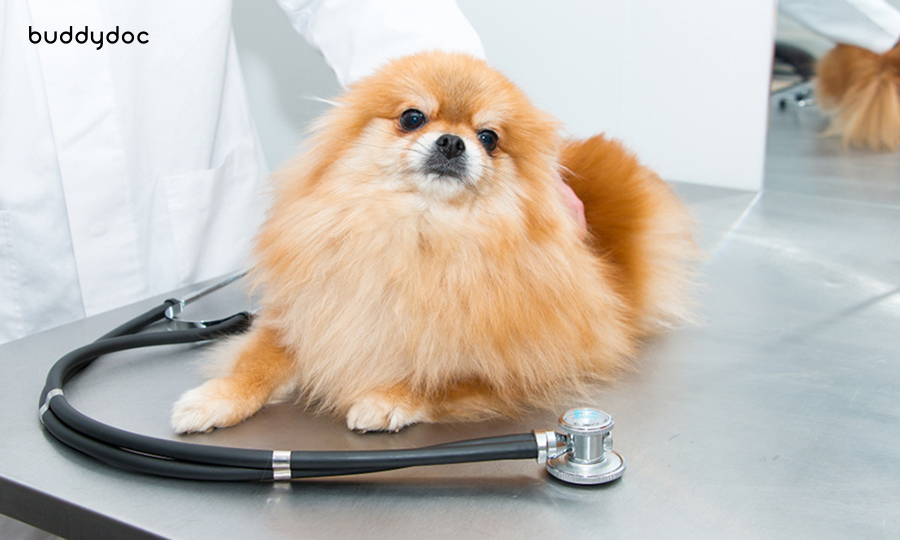
When orange stools recur and require a visit to the hospital, the veterinarian will first ask the guardian about the basic health condition. The following questions may be asked:
- What kind of food was consumed before observing the orange stools?
- Have there been any recent changes in the diet?
- Have they ingested any foreign substances?
- How is the frequency, shape, and hardness of the stool?
- Has there been an increase in water intake and urine volume?
- Are there other symptoms such as vomiting, diarrhea, loss of appetite, or decreased energy?
- Has the color of the gums or mucous membranes turned yellow?
Based on your answers, medical history, and physical examination, the veterinarian will select the necessary tests for an accurate diagnosis.
-
Blood and urine tests
These tests can provide information about overall health status and the presence of organ damage.
-
Stool examination
This examination can help identify infectious agents and fat cells present in the stool.
-
Abdominal radiograph
An abdominal radiograph can provide a rough overview of the abdominal organs.
-
Abdominal ultrasound
An ultrasound can provide a more detailed examination of abdominal organs such as the liver, gallbladder, stomach, pancreas, small intestine, and large intestine.
Treatment for orange stool in dogs
Treatment will be carried out based on the diagnosis. If dietary changes or food allergies are suspected, the respective food can be excluded from the diet or replaced with hypoallergenic food. Dehydration can occur due to vomiting or diarrhea, so fluid therapy may be administered.
Depending on the condition, antibiotics, anti-inflammatory drugs, and nutritional supplements may be prescribed. In cases of severe vomiting and diarrhea, medications such as antiemetics and antidiarrheal drugs may be prescribed.
Preventing orange stool in dogs
To prevent this discoloration of your dog’s stool, you must maintain a healthy digestive system for your pup. Determine the appropriate amount of nutrition based on your dog's age, breed, and weight to prevent upset stomach and complications. When changing their food or introducing fruits and vegetables, do so gradually to minimize digestive issues and orange-tinted stool. Avoid feeding them human food or table scraps due to the high fat and sugar content, which can lead to stomach upset and gastrointestinal problems.
Find out more about your dog’s symptoms and diseases on the Buddydoc app!
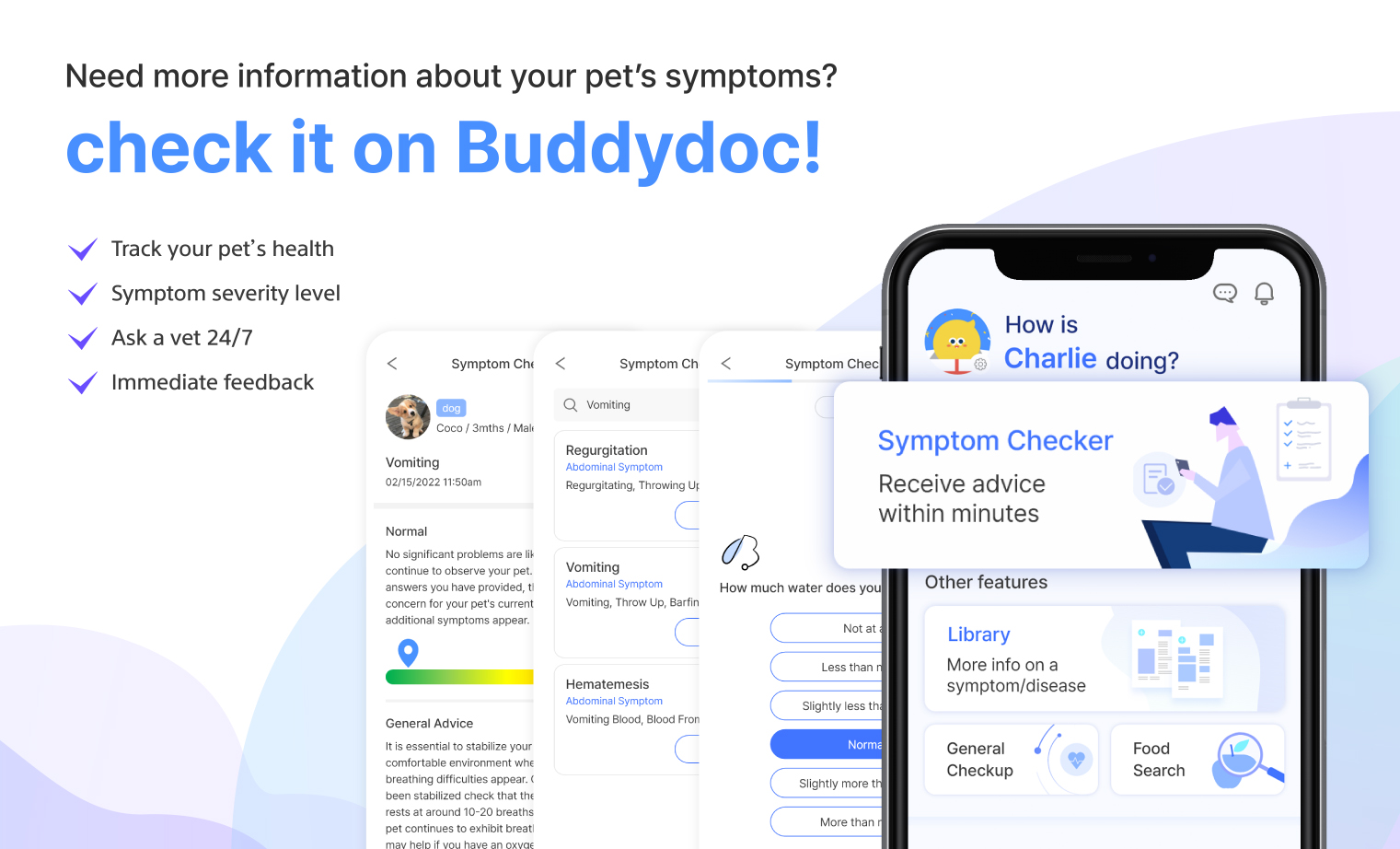
The Buddydoc library is filled with everything you’d want to know about each symptom and disease your pet may experience. If you would like to find out more about the causes, signs, treatments, preventions, and more for your dog’s disease. Try out the Buddydoc app and search for your pet’s symptoms or diseases in the Buddydoc library.




